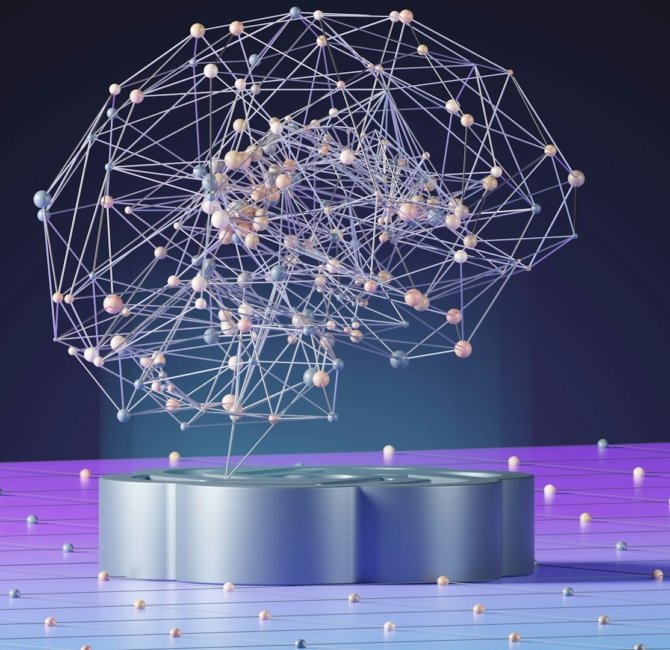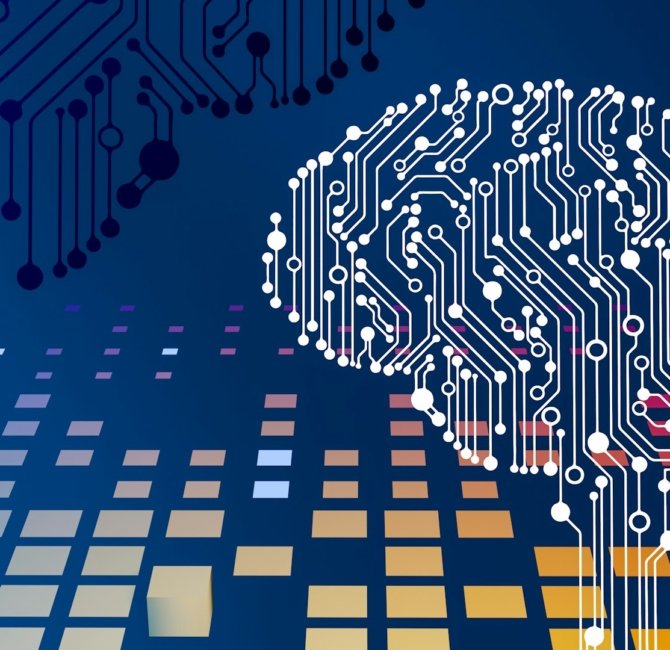14Views 0Comments

The Future of Artificial Intelligence: Trends to Watch in 2025 and Beyond
Artificial Intelligence (AI) is no longer a futuristic concept — it’s shaping the world we live in today. But what does the future hold? As we move deeper into the digital era, AI is evolving rapidly, driving innovation across nearly every industry.
In this blog, we’ll explore the top AI trends to watch in 2025 and beyond, how they’re set to transform industries, and what they mean for businesses, consumers, and the global economy.
📌 Table of Contents
- AI in 2025: A Quick Overview
- Top 10 Future Trends in Artificial Intelligence
- Industries That Will Be Transformed by AI
- The Challenges and Ethical Considerations
- Final Thoughts: What Lies Ahead?
- FAQs
AI in 2025: A Quick Overview
By 2025, AI is expected to become more human-like, more creative, and more embedded in daily life. From smarter virtual assistants to autonomous vehicles and AI-generated content, the future is intelligent — and deeply data-driven.
According to PwC, AI could contribute over $15.7 trillion to the global economy by 2030.
Top 10 Future Trends in Artificial Intelligence
1. Generative AI Becomes Mainstream
Generative AI (like ChatGPT, DALL·E, Sora) will continue revolutionizing how we create content — from text and images to music and video.
💡 Use case: Marketing, education, entertainment, and software development.
2. AI and Human Collaboration
Rather than replacing humans, AI will act as a co-pilot — assisting professionals in writing, coding, designing, diagnosing, and decision-making.
💡 Use case: AI-powered tools for doctors, lawyers, writers, and engineers.
3. AI in Healthcare Goes Deeper
AI will be used more extensively for predictive diagnostics, robotic surgeries, and drug discovery, saving lives and lowering healthcare costs.
💡 Use case: AI detecting cancer, predicting mental health risks, or customizing treatment plans.
4. Autonomous Vehicles and AI-Powered Transport
By 2025, AI will significantly advance autonomous driving, traffic optimization, and delivery logistics.
💡 Use case: Self-driving taxis, smart traffic lights, drone deliveries.
5. AI in Education and Personalized Learning
AI-powered edtech will offer personalized learning paths, real-time feedback, and virtual tutoring — changing how we learn forever.
💡 Use case: Adaptive learning platforms, AI tutors, automated grading.
6. AI and Cybersecurity
With growing digital threats, AI will become essential in detecting anomalies, preventing fraud, and protecting personal data in real time.
💡 Use case: AI-powered firewalls, fraud detection systems, facial authentication.
7. AI-Generated Code and Autonomous Development
Tools like GitHub Copilot and ChatGPT for code will grow more sophisticated, enabling faster, automated software development.
💡 Use case: AI writing functional software, fixing bugs, suggesting code snippets.
8. AI Ethics, Governance, and Regulation
With power comes responsibility. Governments and organizations will focus on ethical AI, data transparency, and developing AI laws.
💡 Use case: AI audits, fairness testing, responsible deployment frameworks.
9. Emotion AI and Human-Like Interaction
AI systems will become better at recognizing and reacting to human emotions, making human-AI interaction more natural.
💡 Use case: Virtual therapists, AI in customer service, emotionally aware chatbots.
10. AI at the Edge (Edge AI)
AI will shift from the cloud to local devices (phones, cameras, wearables) for faster, private, and more efficient processing.
💡 Use case: Smart cameras, IoT devices, AI in smartphones and wearables.
Industries That Will Be Transformed by AI
AI will not be confined to tech companies. Here are industries that will see the biggest impact:
- Healthcare – Faster diagnosis, drug development, robotic surgery
- Finance – Fraud detection, algorithmic trading, AI-powered banking
- Retail & E-commerce – Product recommendations, inventory forecasting
- Transportation – Smart logistics, traffic management, autonomous vehicles
- Education – Personalized learning, student engagement analytics
- Manufacturing – Predictive maintenance, quality control automation
The Challenges and Ethical Considerations
While the AI future is promising, it raises important concerns:
- ⚠️ Bias in AI models
- 🧠 Lack of transparency (black box problem)
- 📉 Job displacement
- 🧑⚖️ Need for regulation and accountability
Businesses must balance innovation with ethics to build trustworthy and inclusive AI systems.
Final Thoughts: What Lies Ahead?
AI in 2025 and beyond is not just about smart machines — it’s about building smarter societies. The key lies in using AI responsibly, creatively, and ethically to solve real-world problems.
As a business, student, or professional, now is the time to embrace the AI revolution — not fear it.
FAQs
Q: Will AI take over all jobs?
No, but it will change the nature of many jobs. Roles focused on creativity, empathy, and strategy will still need humans.
Q: How can I prepare for an AI-driven future?
Learn digital skills, understand data, explore AI tools, and stay curious.
Q: Is AI safe to use?
AI is safe when used ethically and responsibly. Regulation and transparency are key.
Q: Which countries are leading in AI?
The U.S., China, the UK, and some EU countries are leading the AI race in innovation and adoption.


